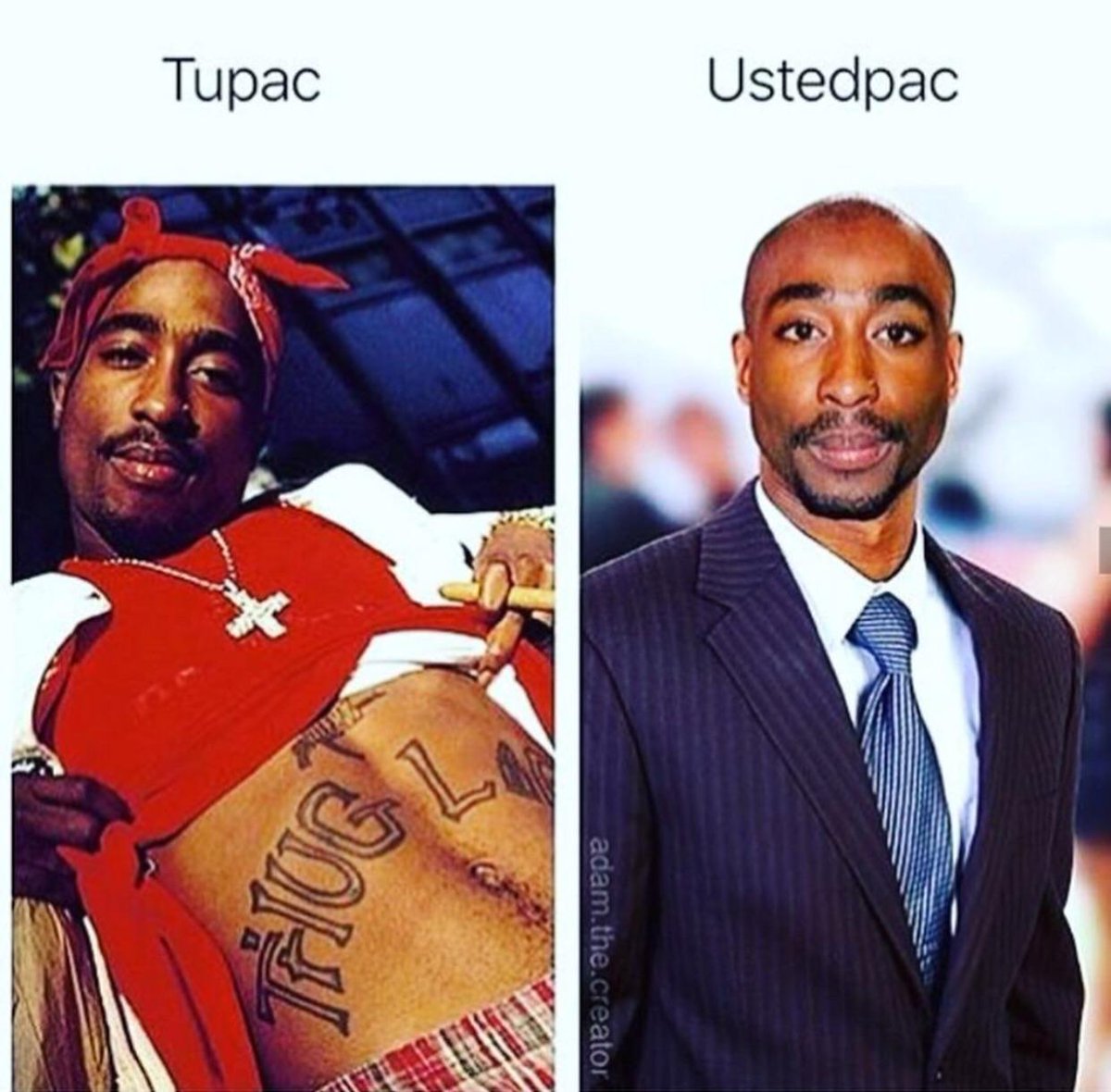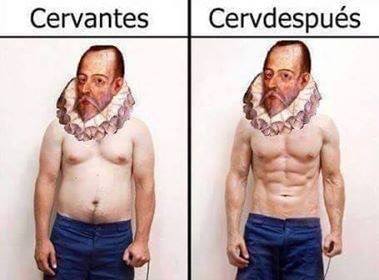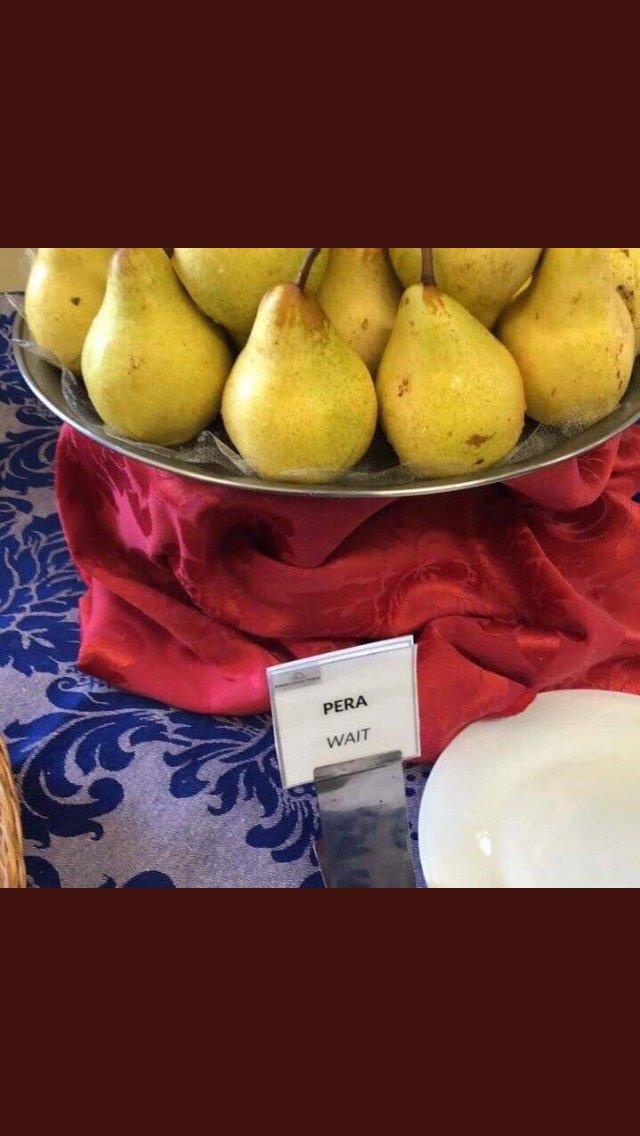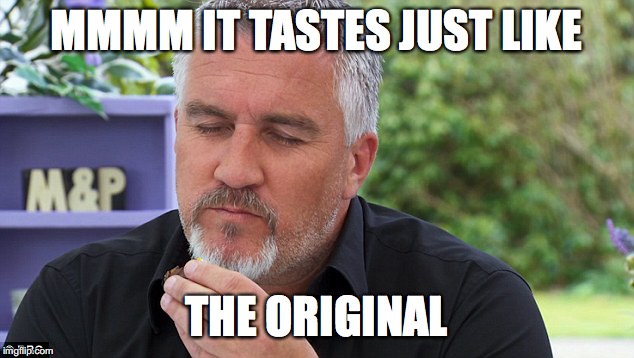Greetings translators far and wide! Today in the UK has dawned sunny & warm, & I& #39;d like to start a thread talking about teaching translation. I started out as a literary translator & have been lucky enough to work on some incredible writers and with some amazing publishers. Then,
about 7ish years ago, I was asked to cover for a friend teaching UG translation at a university in London, which was a baptism of fire, but which set me on a path I& #39;m really glad to remain on - that of not only getting to translate things I love, but also to talk about that work
and that love with students. I always swore I would never be a teacher (my mum was a primary school teacher & I saw how hard and unrecognised it was as a job), but I guess you always turn into your parents, so here I am! One of the things I love most about teaching is the fact
you always learn something. I have been humbled and inspired by my students time & time again, and I always emerge from every classroom with something new under my belt (and I don& #39;t just mean the whiteboard markers I& #39;ve swiped) - it& #39;s a dialogue and one that (ideally) benefits
both pupils & teacher equally. There are of course many factors that complicate this: in my time teaching at 3 different institutes of higher education I& #39;ve seen first-hand how the neoliberal university model has forced both staff and students into a very narrow vision of what
learning is; and of course, not every class goes well. Sometimes you leave the classroom feeling that the incredible plan you made with learning objectives, whizzy powerpoints & hilarious Youtube clips just hasn& #39;t landed right at all, and that can be disheartening (not to mention
the uniquely horrifying realisation that the cultural references you& #39;ve put into your talk all took place at least 10 years before any of your students were even born...). BUT: in general, teaching is a wonderful space for shared conversation and knowledge creation, and I feel
very privileged to have been able to do it. I thought I would share some teaching ideas/resources/approaches that I& #39;ve found helpful and perhaps anyone else following this account who has taught (or been taught well!) could share their own, too. In no particular order...
1. MEMES. Now, I am aware that using these in my classroom risks making me look sad and out of date, but one of the best lessons I have learned from teaching is that... there is no point worrying about this: you will ALWAYS look out of date to UG students, there& #39;s no point trying
to remain relevant to The Youth. This is good practice for anyone planning on having kids. I started to relish the baffled, slightly embarrassed-for-me looks students would give me at times - I was like a terminally uncool parent! Bring on the cringe. OK, first up (a fave):
A regular in my Spanish classes (a brilliant student at Warwick shared this with me - see what I mean about the learning going both ways?). Anyone fancy translating this for the non-Spanish speakers?
I set up a mini project with students where at the start of term I asked them all to keep an eye out for & #39;translation fails& #39; and share them via twitter using the hashtag #translationfail (altho in general I think it& #39;s more interesting to talk about when translations are good,
asking students to seek out bad ones can be a great way to encourage a conversation about how all translation is open to scrutiny and get them to see that, 9 times out of 10, they can do a better job than Google Translate). Here are a few of those #translationfail egs:
This one is great because as well as a & #39;fail,& #39; it also shows how pronunciation plays a huge part in language: the Spanish & #39;espera& #39; (a command meaning & #39;wait& #39;) is often shortened in spoken language to & #39;& #39;pera& #39;, which also means pear
I love this one: & #39;hex& #39; (which I assume here is short for & #39;hexagon& #39;) has been taken to mean the verb & #39;to hex& #39; (to put a curse on), and translated as & #39;el mal de ojo& #39; (evil eye) and used to modify & #39;rubber& #39; (caucho), while & #39;mats& #39; (the plural noun) has been rendered as a verb
(& #39;to mat& #39;) (enredarse). There& #39;s so much going on here in terms of language and it makes for a great discussion about translation. I& #39;m aware this is not a meme... more memes coming up!
Please share your own in this thread!

 Read on Twitter
Read on Twitter








